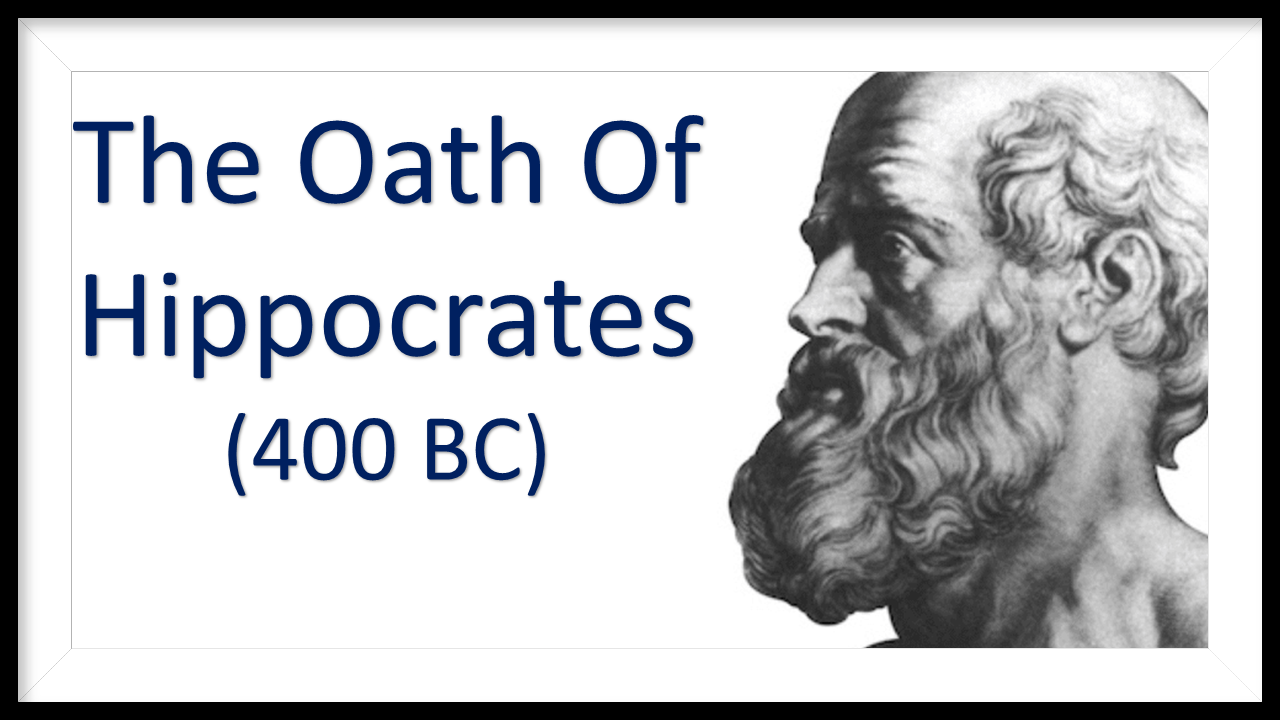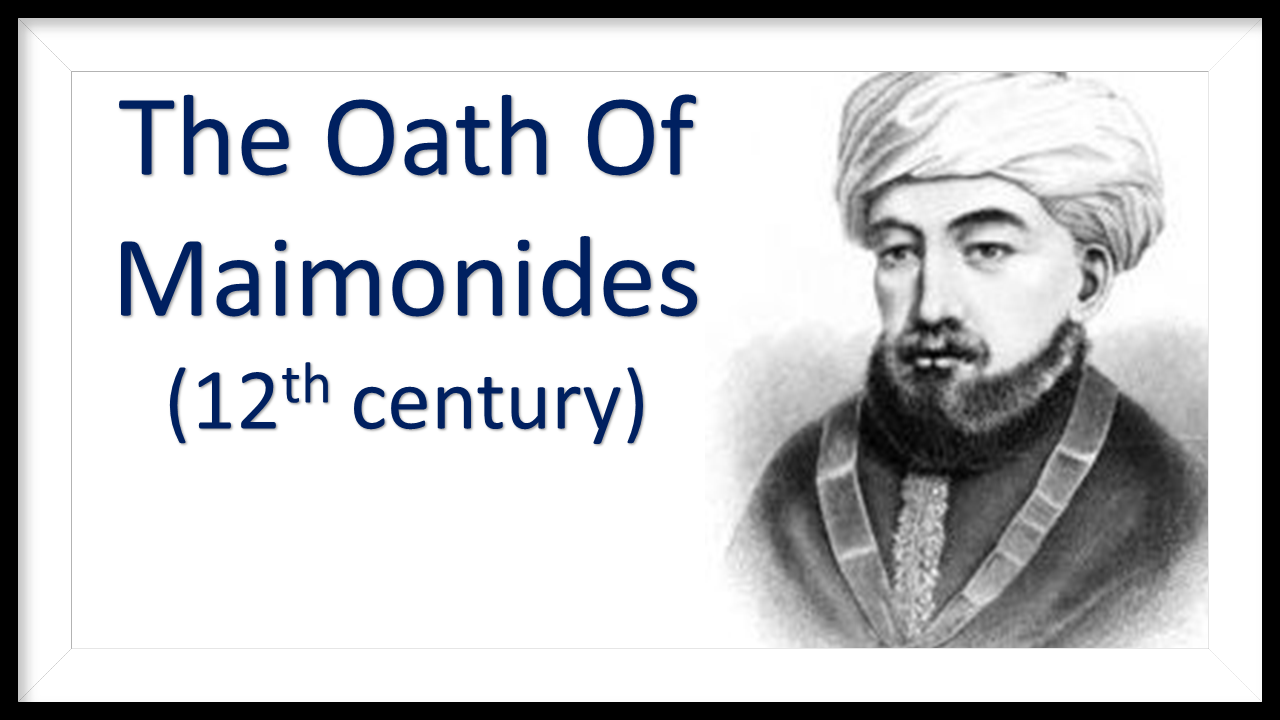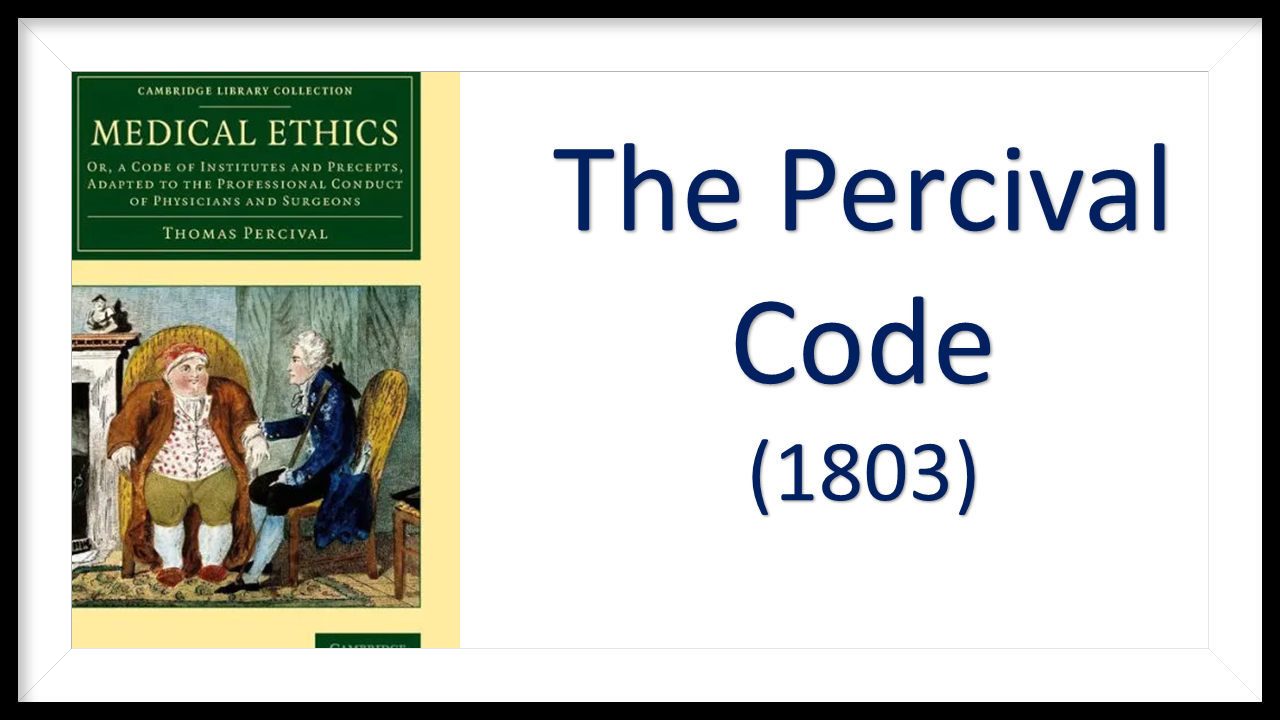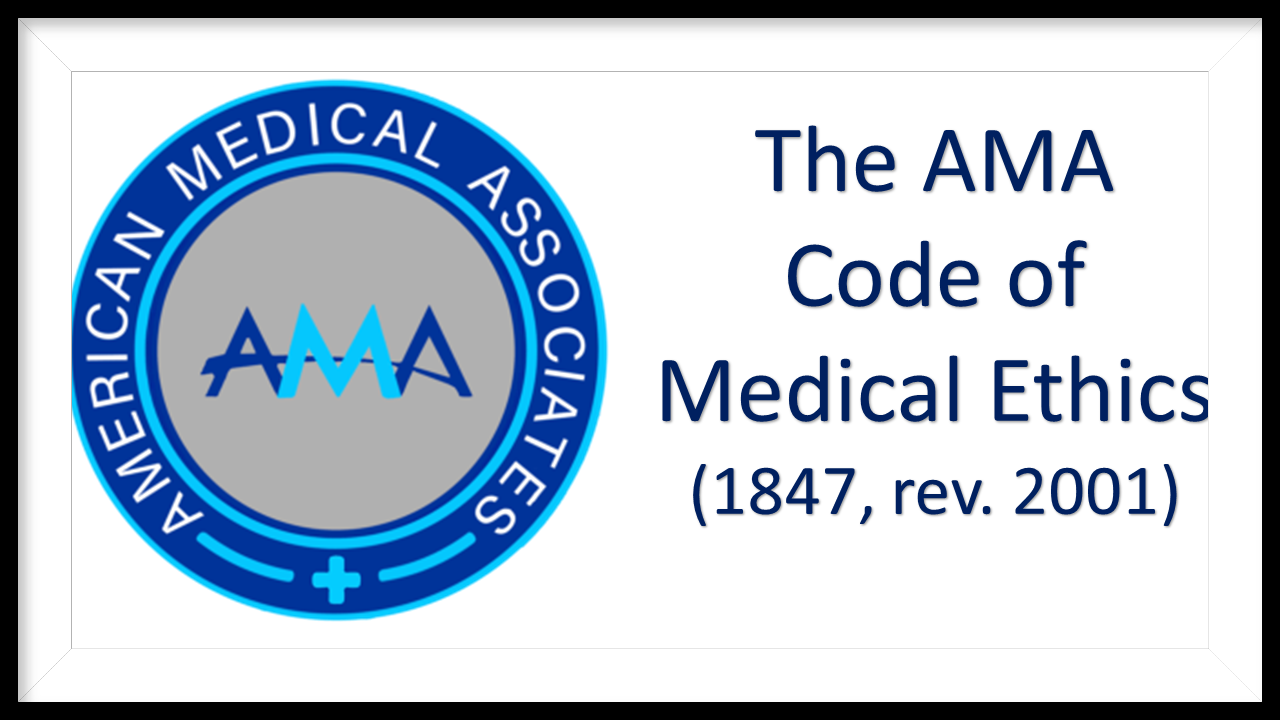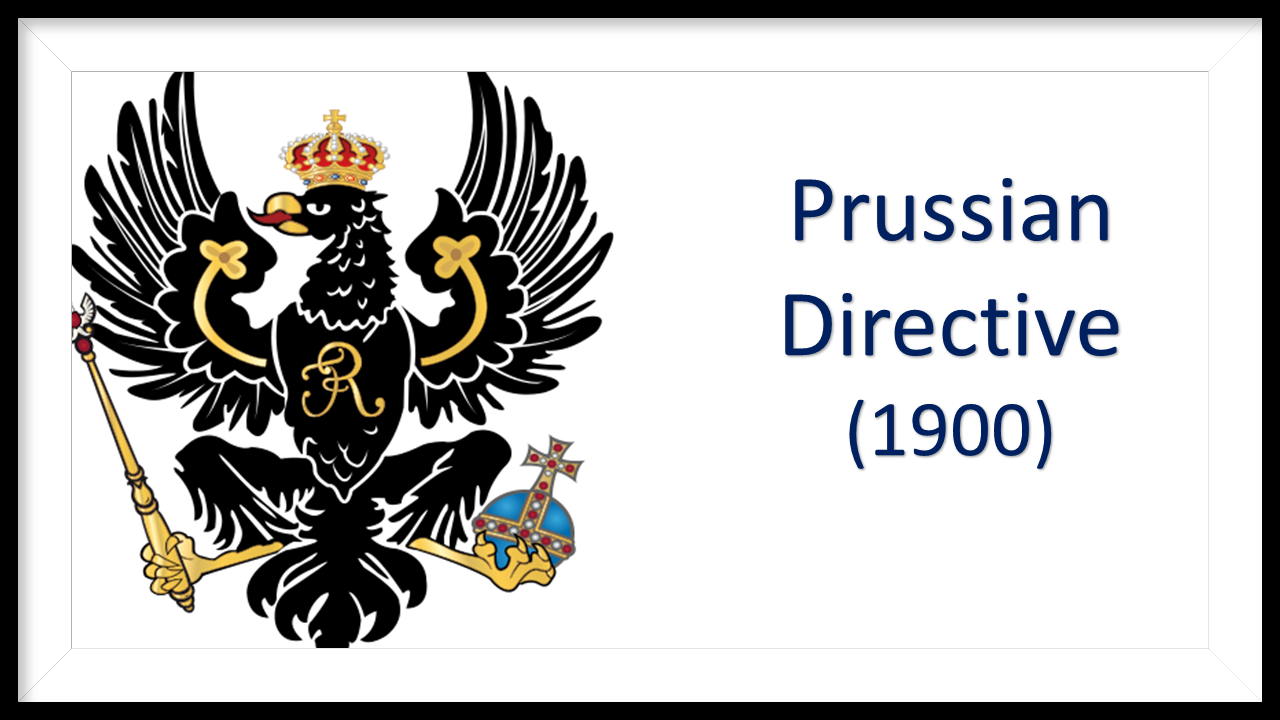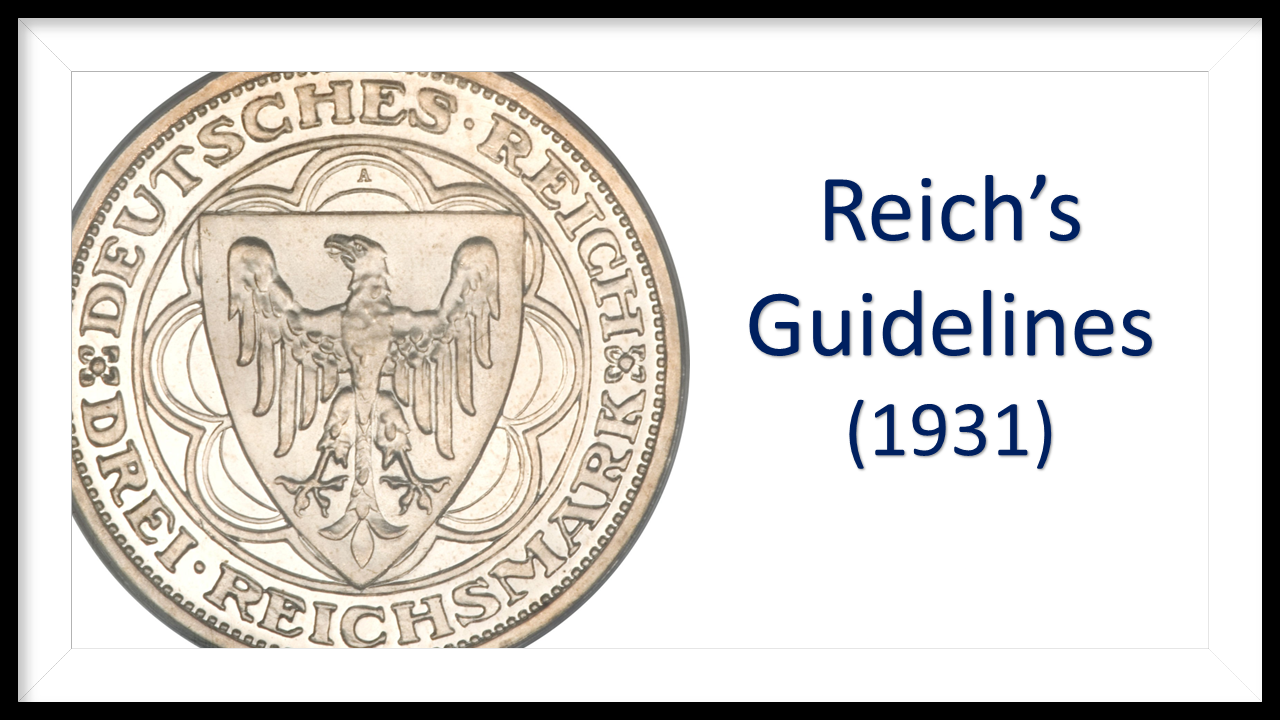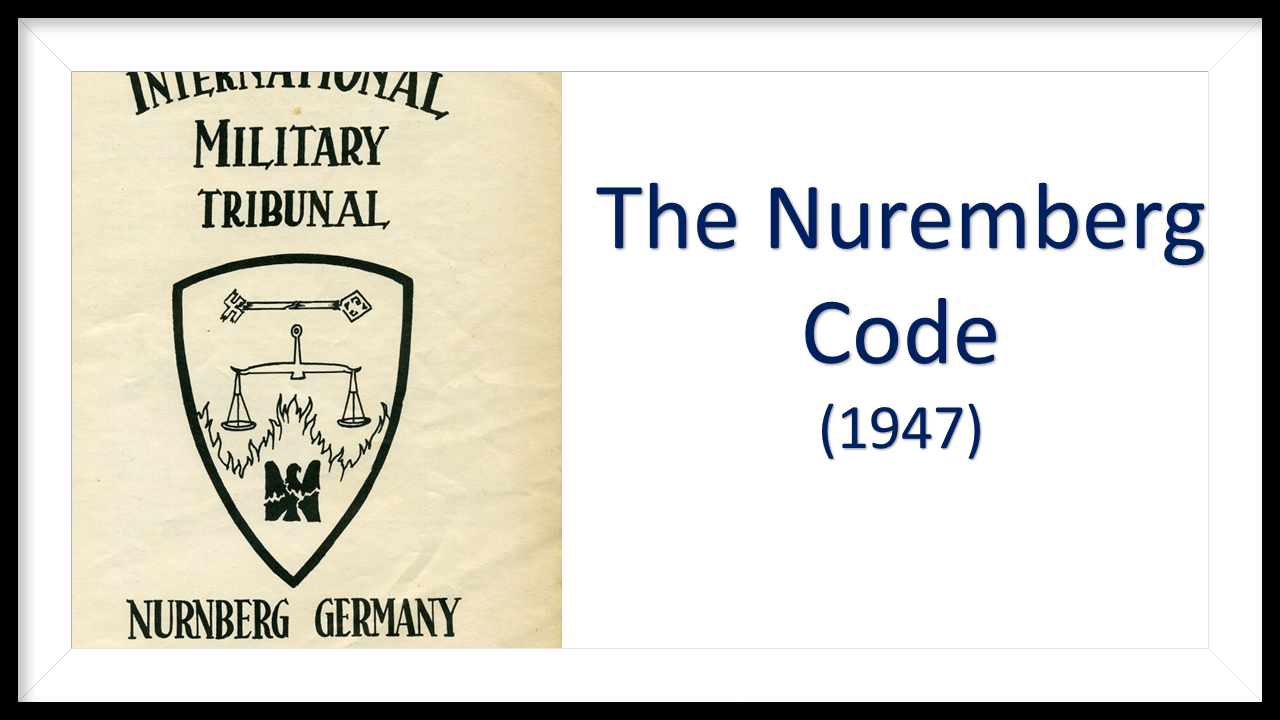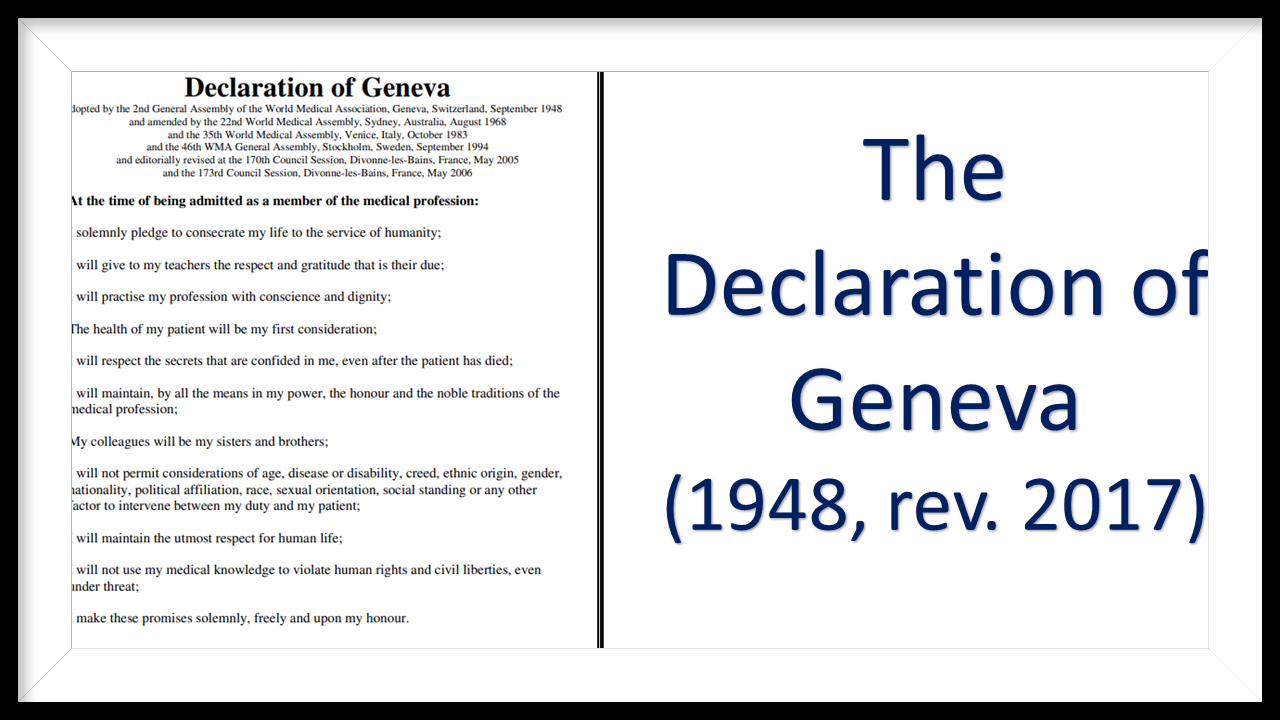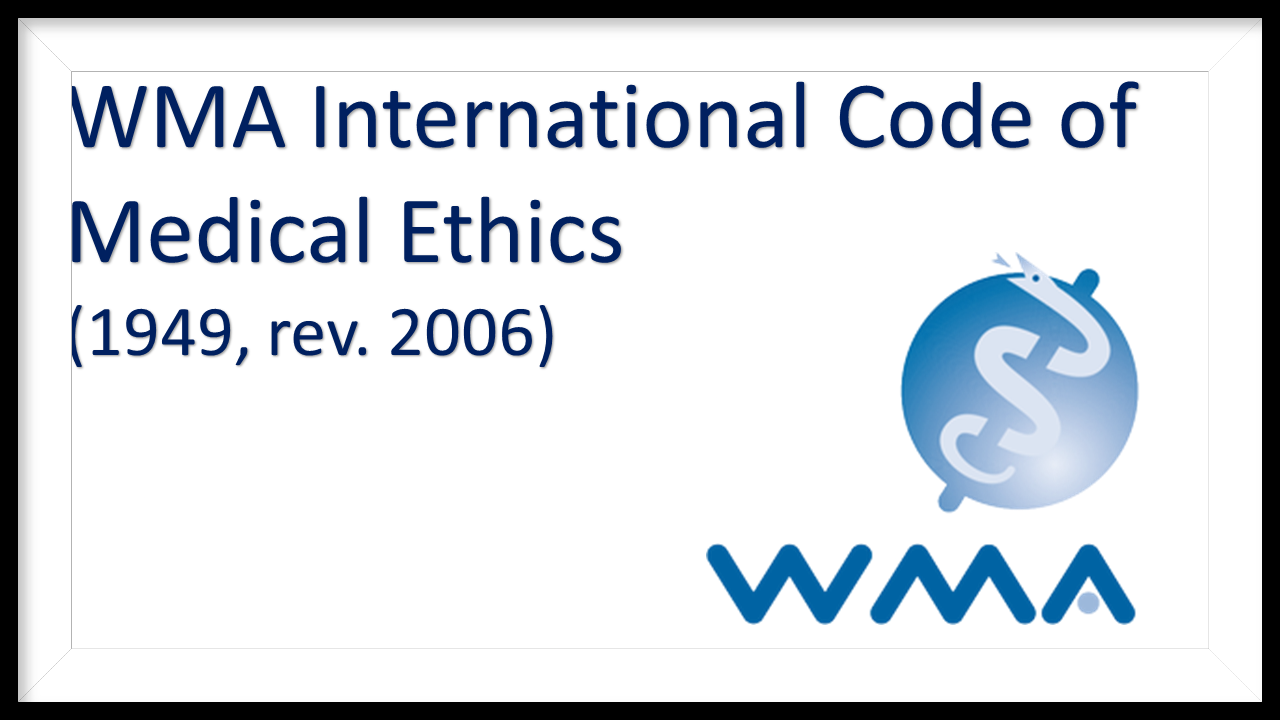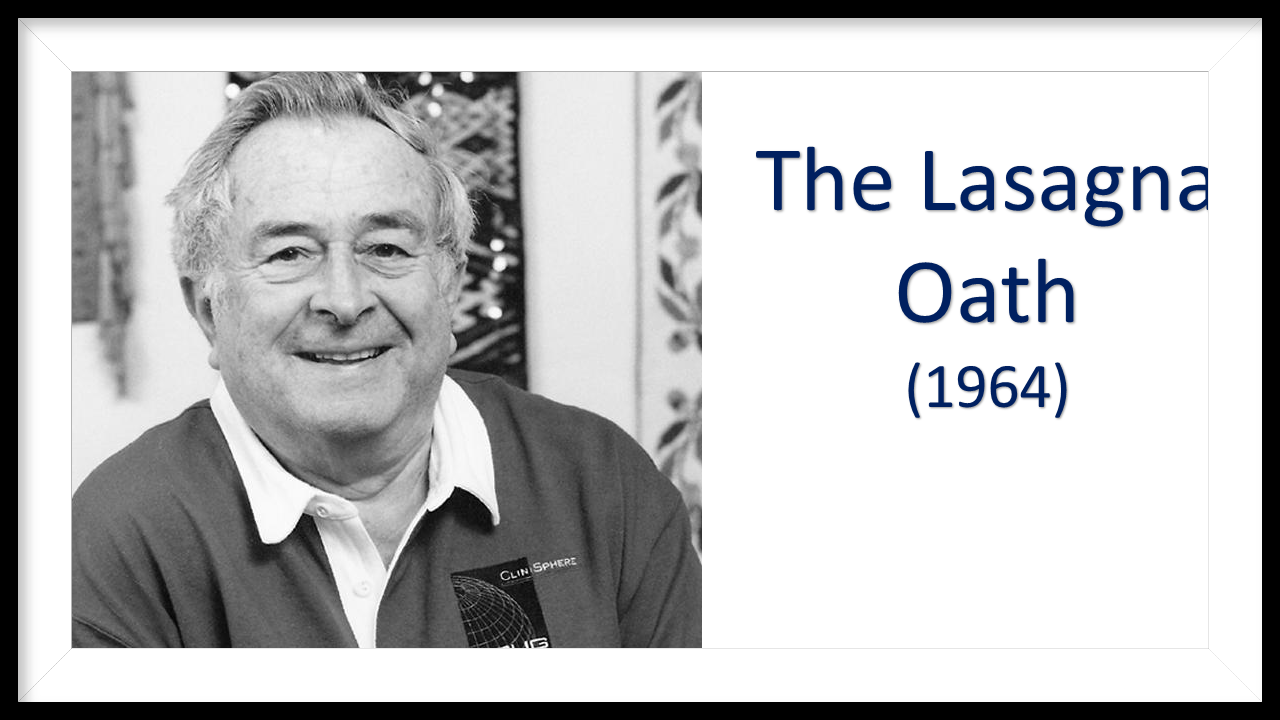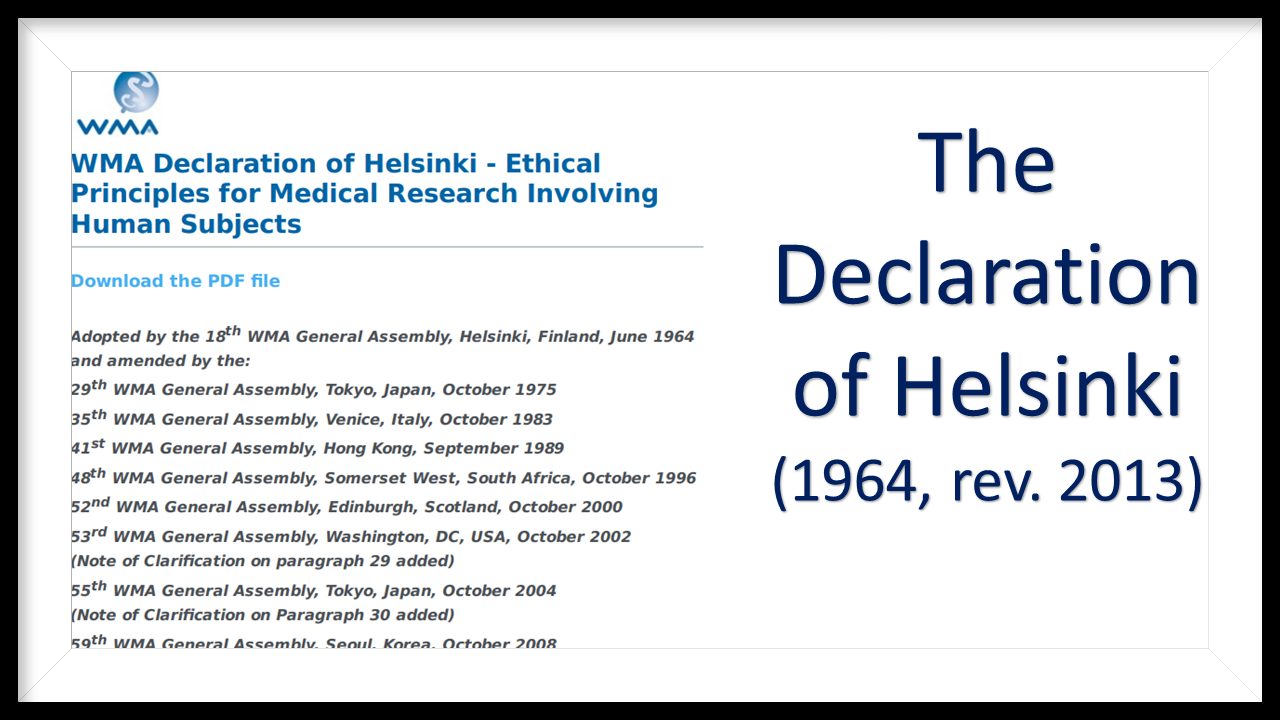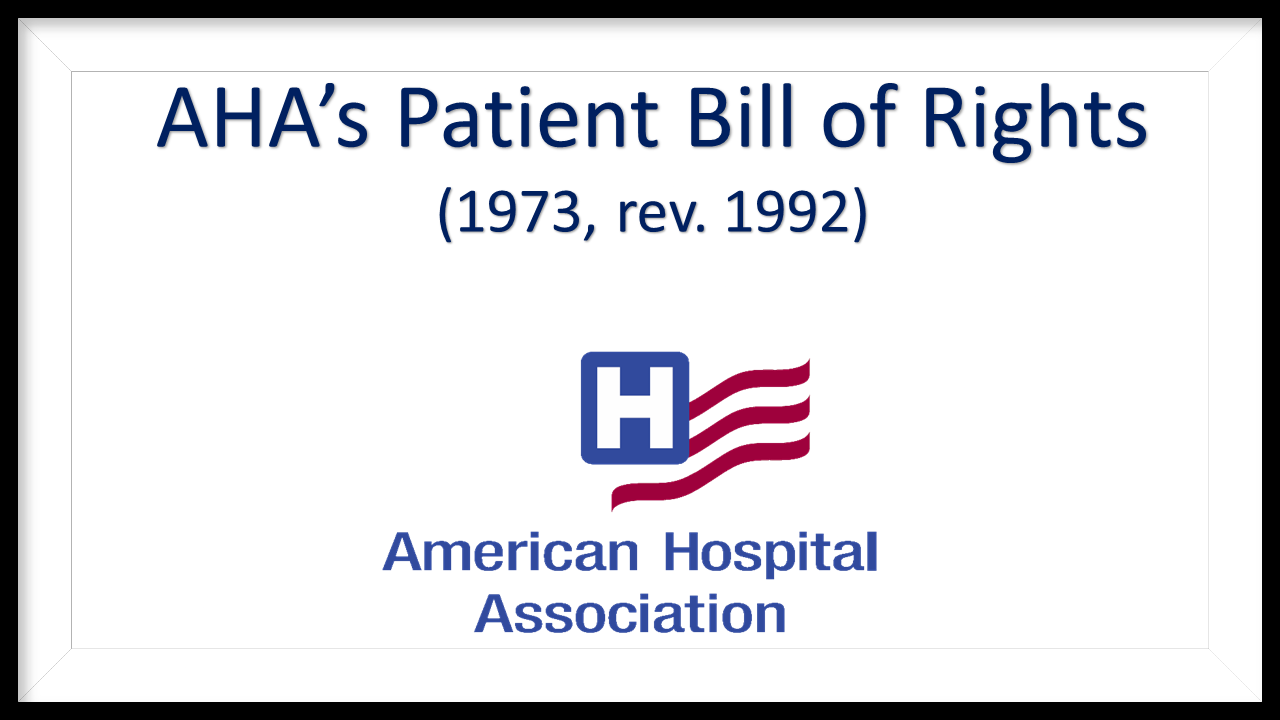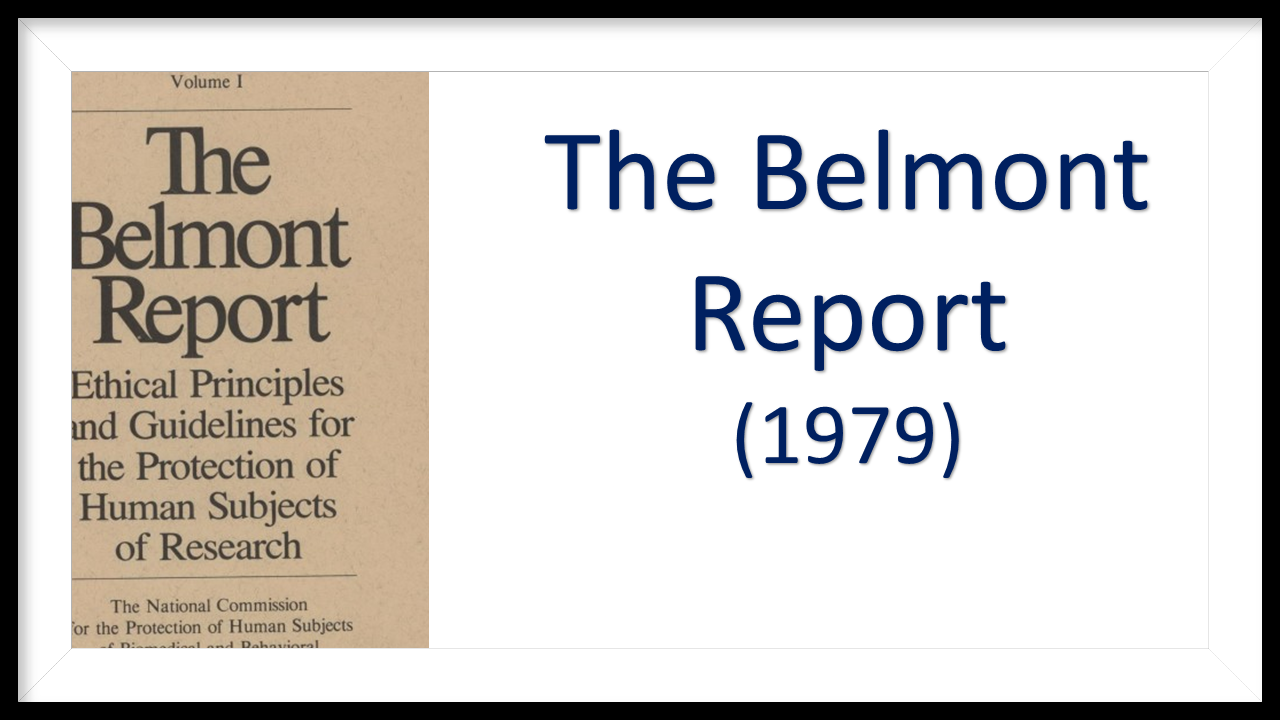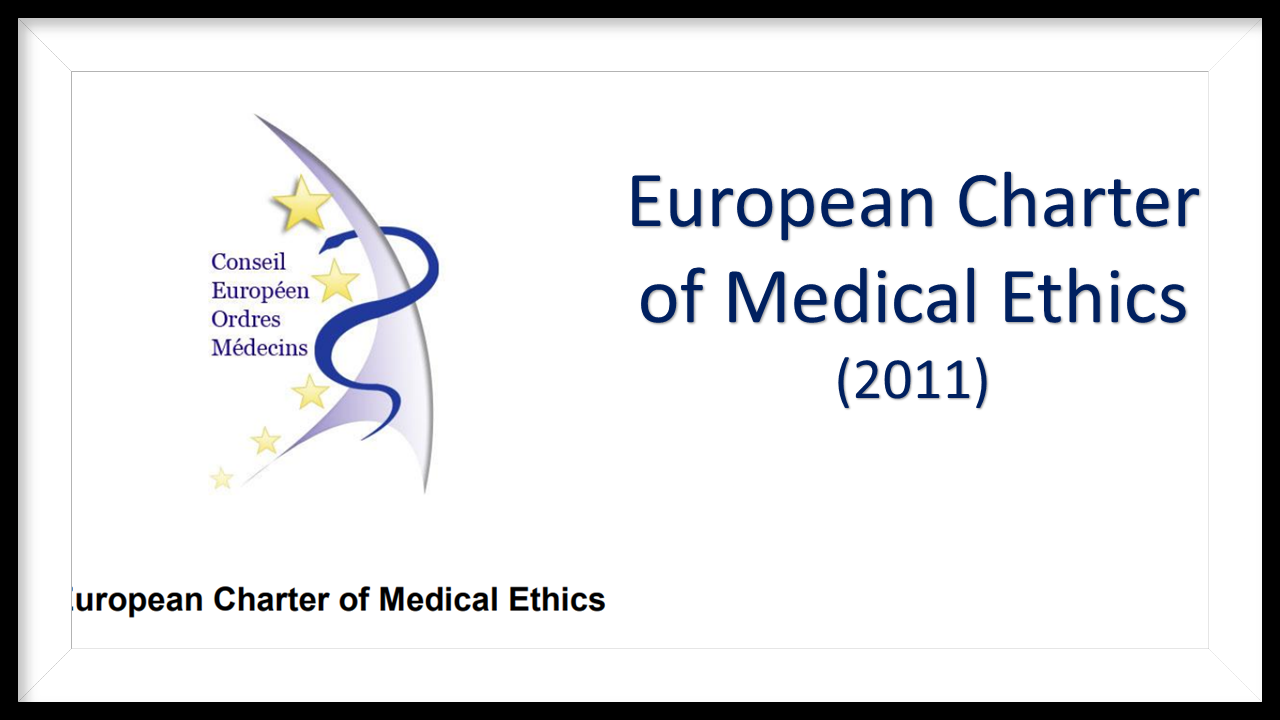
Follow VAERS Explorer on Social Media
The Percival Code
(1803)
Thomas Percival (1740-1804) was an English physician whose book Medical Ethics (1803) became the foundation of the American Medical Association's ethical code.
Toward the end of the 18th century, England underwent a period of rapid industrialization and urbanization. The lower classes received some support in illness due to the doctrine of Enlightenment and investment in public infrastructure, including medical institutions. Strict policies on resource management undermined the authority of physicians and surgeons. In 1789, Manchester hospitals were overwhelmed by an epidemic of typhus, leading to a significant increase in personnel. Interpersonal conflicts between staff led to the closure of a care fever ward, causing a scandal. In response to the situation, an influential physician Thomas Percival wrote down a code of conduct for hospital staff.
Percival's code of conduct was not the first pamphlet on physicians' duties. Other notable works include "Lectures on the Duties and Qualifications of a Physician" by John Gregory "On the Duties of a Physician" by Thomas Gisborne, "Statuta Moralia" by the Royal College of Physicians in London. Percival considered all these works, adding the rules of conduct within medical practice. The first version of his book, titled "Medical Jurisprudence," organized existing regulations applicable to the Manchester hospital. The final edition of "Medical Ethics" (1803) served as a guide for physicians, surgeons, and pharmacists, defining their roles and responsibilities and the rules of good fellowship.
Percival's Medical Ethics became very influential due to its impact overseas. The Boston Medical Society adopted Percival's Medical Ethics as its Code. In 1847, the American Medical Association took Percival's Code as the foundation of its Code of Ethics.
The Content of Percival's Medical Ethics
The four chapters in Percival's Code deal with hospital practice and private and general practice, the apothecaries, and the law.
The central principles in Percival's Code are beneficence and patient autonomy. Beneficence is a genuine concern for the patient's benefit. Percival cites the virtues of "tenderness," "steadiness," "authority," and "condescension." Percival advocated for patients' right to choose their physician and urged the assigned physician to consult with the physician of the patient's preference. He advised against using substandard drugs for the poor to save hospital resources. Percival recommended maintaining hospital registries that served as a valuable epidemiological research tool and internal control mechanism so that patients with the same condition receive the same treatment.
Formation of committees meant to monitor the context of patient care, such as ventilation, diet, cleanliness, and quality of medications. All these measures strived for improvement of patient care. Percival was a firm believer in consultations, especially in complex or surgical cases. He showed particular concern for the poor and the mentally impaired and advocated for close observation of factors involved in mental illness and the effectiveness of any interventions by keeping good patient treatment records. Patients discharged from the hospital shall receive decent clothes, some money, and help find employment.
Percival's chapter on private and general practice advocated "steadiness, attention, and humanity," patient confidentiality, moderation in the use of alcohol, and regard for fidelity and honor. To patients, physicians should convey hope and comfort. Percival always placed the patient's good before professional loyalties, urging physicians to challenge a colleague's ignorance or neglect.
The etiquette of consultations was a big topic for Percival. He was a firm believer in the separation of medicine and surgery. While he discouraged using quack medicine, he would not condemn a patient for taking them. Percival believed medical knowledge could not be proprietary. In Percival's book, physicians were obligated to improve their performance and avoid excusing themselves for errors.
Percival's ethics represents the ethics of a "Christian gentleman" in the context of 18th century England emphasizing a person's behavior rather than his heritage. Benevolence and beneficence were virtues expected of a gentleman. Percival's concern for proper governance of hospitals resembles today's responsibility for the quality of patient care. Percival believed that "overriding the patient's wishes would violate his humanity." A physician shall enhance his patient's capacity to make informed choices rather than make decisions on their behalf.
The works of Thomas Percival resonated with the 19th century American medical community so profoundly that his book Medical Ethics became the foundation of modern codes of medical ethics in several professional societies, including the American Medical Association.
References:
Leake, Chauncey D: Percival's Code: A Chapter in the Historical Development of Medical Ethics. Reprinted from The Journal of the American Medical Association, 1923, Vol. 81, pp. 366-371. American Medical Association, Chicago. University of Michigan Medical Library. Available at https://books.google.com/books?
id=zzVrAAAAMAAJ&printsec=frontcover&source=gbs_ge_summary_r&cad=0#v=onepage&q&f=false
Pellegrino ED. Percival's Medical Ethics: The Moral Philosophy of an 18th-Century English Gentleman. Arch Intern Med. 1986;146(11):2265–2269. doi:10.1001/archinte.1986.00360230211030
Patuzzo, S., Goracci, G., & Ciliberti, R. (2018). Thomas Percival. Discussing the foundation of Medical Ethics. Acta bio-medica : Atenei Parmensis, 89(3), 343–348. https://doi.org/10.23750/abm.v89i3.7050. Available at https://www.ncbi.nlm.nih.gov/pmc/articles/PMC6502118/
Reynolds-Finley Historical Library: Percival, Thomas (1740-1804). Available at
https://library.uab.edu/locations/reynolds/collections/medical-greats/thomas-percival
Last updated: September 10, 2022
Milestones in Medical Ethics
Follow VAERS Explorer on Social Media


